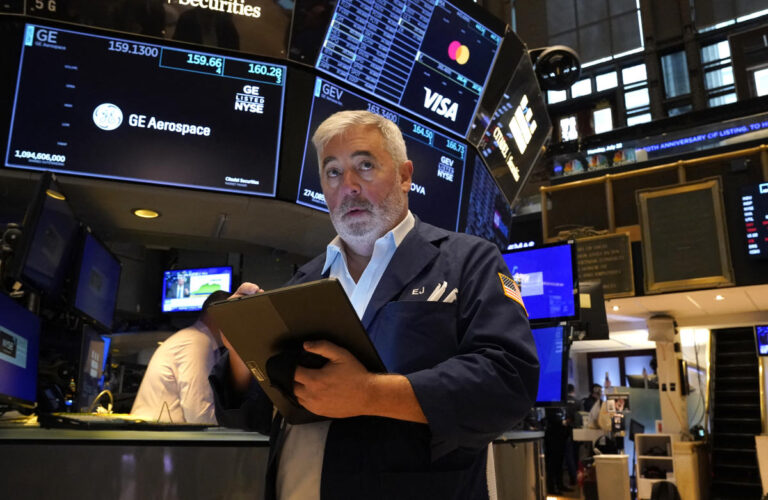U.S. stock futures rose on Friday as big U.S. banks enter earnings season and investors weigh the impact of rising inflation on Federal Reserve policy.
The Dow Jones Industrial Average futures (YM=F) stopped a large pre-market decline and remained just below the flatline amid the release of financial information from major banks. S&P 500 futures (ES=F) fell about 0.1%, and the tech-heavy Nasdaq 100 index closed. (NQ=F) fell 0.3% after closing with a small loss on Thursday.
Investors were poring over the quarterly results of Wall Street’s biggest banks, the traditional starting point of earnings season. The focus is on the potential impact on lending margins and other profits if the Fed moves to cut interest rates.
JPMorgan Chase (JPM) saw a decline in profit due to the impact of allowances for credit losses, despite strong performance in its investment banking division. The company’s stock rose 1% in premarket trading. Meanwhile, Wells Fargo (WFC) shares rose nearly 4% after the company announced declines in net interest income and net income.
This year’s rise in stock prices has increased the value of assets under management at some financial institutions, leading to an increase in fee income. BlackRock (BLK)’s assets under management hit a record high for the third straight quarter, while BNY Mellon (BK)’s profits rose 16% on higher net interest income.
At the same time, investors continue to parse the latest consumer inflation data, which did not clearly signal the Fed’s next move in terms of rate cuts.
Read more: How Fed Rate Cuts Affect Bank Accounts, CDs, Loans, and Credit Cards
The results, along with data showing rising unemployment claims, underscore the challenges facing policymakers as they seek to achieve a successful “soft landing” for the economy. With this in mind, the latest information on wholesale prices for September, which will be released on Friday morning, will likely be watched closely.
Also in the spotlight was Tesla’s (TSLA) robotaxi event late Thursday, where CEO Elon Musk unveiled a large robot van alongside the $30,000 CyberCab. The company’s shares fell 6% amid disappointment at the company’s failure to provide more specific details about its strategy to become a force in the AI and self-driving space.


